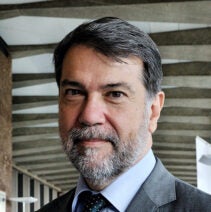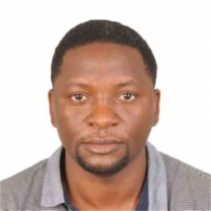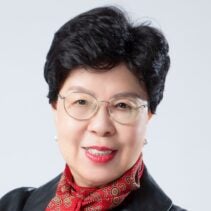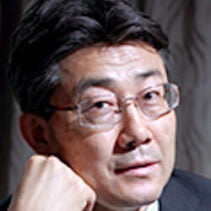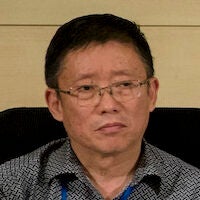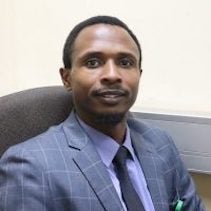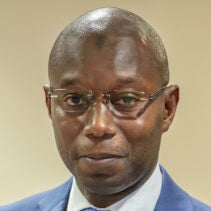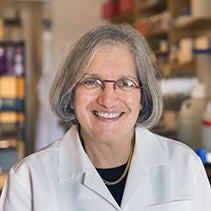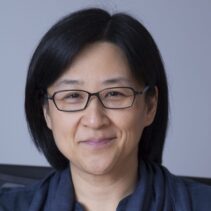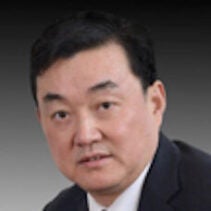Winnie Chi-Man Yip, PhD
Professor of the Practice of Global Health Policy and Economics, Department of Global Health and Population, Harvard T.H. Chan School of Public Health
Winnie Yip is Professor of the Practice of Global Health Policy and Economics in the Department of Global Health and Population at the Harvard T.H. Chan School of Public Health and also Director of the school-wide China Health Partnership. Earlier this year, she was named Acting Faculty Director at the Fairbank Center for Chinese Studies at Harvard University for the 2020-2021 academic year. Dr Yip was previously a Professor of Health Policy and Economics at the Blavatnik School of Government, University of Oxford, and Senior Research Fellow of Green Templeton College, Oxford, where she was director of the Global Health Policy Program. She earned a doctorate in Economics from the Massachusetts Institute of Technology. Her research focuses on 1) the design, implementation, and evaluation of systemic health care interventions, for improving affordable and equitable access to and the efficiency and quality of health care delivery, especially for the poor; 2) modeling and evaluating the effects of incentives on the behavior of providers (organization and individual) and patients. Yip’s research encompasses both why health systems fail and how to improve them for the benefit of the people they serve. Her approach typically involves large-scale social experimentation of health system interventions by using experimental design to integrate the transformation of financing, incentives, organization, and management.
With a network of Chinese universities, Dr Yip’s ongoing research projects cover over 25 million people in the low-income provinces in China. Yip often works in close collaboration with governments and she has extensive experience leading interdisciplinary teams with expertise in public health, economics, political economy, evaluation science, epidemiology, quality of care, marketing science, and management. In addition to China, she has studied and advised health care reforms in the wider Asia region, including Hong Kong, Taiwan, India, Thailand, Malaysia, Vietnam, and she has extensive experience in executive training courses for senior health policymakers. She was the founding director of the Asia Network for Health System Strengthening. Yip has served as an adviser to many international agencies, including the World Bank and the World Health Organization, and notably to the most recent World Bank’s Healthy China study that top Chinese leaders have accepted into their next Five-Year Plan on Health. She has also been a member of the Sustainable Development Solutions Network and the National Academy of Medicine’s Standing Committee on Health Systems Strengthening. She is a Senior Editor of Social Science and Medicine (Health Policy editorial office), Associate Editor of Health Economics and Health Systems & Reform, and serves on the editorial board for several other health policy publications. She has published extensively in top policy and economics journals, such as the Lancet, Health Economics. Her work has been funded by the National Science Foundation, the Bill & Melinda Gates Foundation, the Health Result Innovation Trust Fund (HRITF) of the World Bank, the European Union Commission, the Economics and Social Science Research Council.
